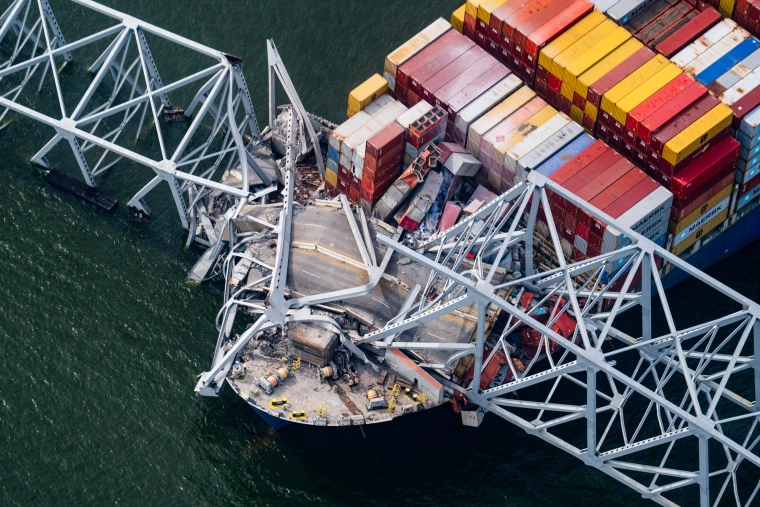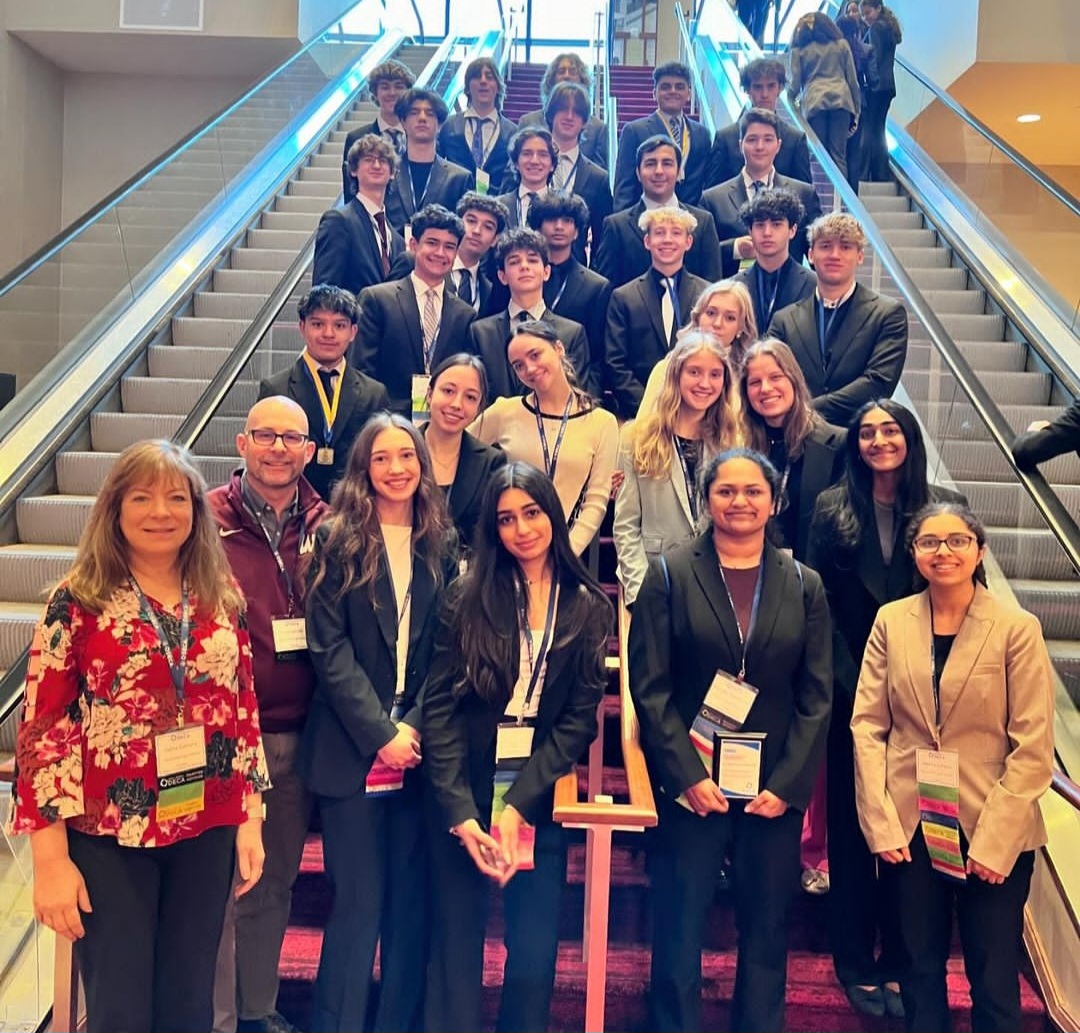Russia and Turkey Wage Relentless Air Strikes in Syria
October 18, 2016
Russian and Turkish jets continue to attack Syria in an attempt to overthrow the rebels in October of 2016.
Russia and Turkey are attacking Syria more and more, recently 56 people died because of a Russian air attack. In an attempt to provide aid for Aleppo, the U.S sent jets to fight against Turkey, however, their involvement only caused more damage. 8 buildings in Aleppo were demolished in the international attacks.
But the terror does not conclude there. A toxic chlorine bomb has been dropped on the Syrian City of Aleppo, which had been believed to be housing rebels, on September 6th.The bomb caused at least 1 death and injured more than 100 people. The Syrian government used a helicopter to drop the barrel bomb over the city. Al-Jazeera was filming the whole act and published it after the catastrophe on their Twitter account. Over 70 people needed help because of breathing problems and open wounds.
The conflict in Syria began in March of 2011 and have been escalating at a rapid pace. Recently, a rebel-held city had been attacked by the Syrian government controlled by Bashar Al-Assad. The children and rebels of the town are experiencing extreme health issues and injury from the chemicals and physical assault of this attack.
After the attack in Aleppo, over 50% of Syrian cities have been destroyed. It is estimated that over 300,000 inhabitants are trapped in that area. A recent death toll concluded that roughly 470,000 civilians have been killed since 2011.
“We’re seeing the exact same things that we’ve seen during World War II when you see groups trying to flee the country because terrible things are happening to them and the rest of the world is not allowing it,” says Christopher Van Ness, a history teacher at WHHS.
Effects of the chlorine bombs persist long after the attacks. People who have been exposed to these chemically engineered weapons experience health issues that will be present in their lives forever. Also, mental illness such as PTSD and depression are extremely common in those who have been affected directly.
An international group calls on UN Security Council to help to stop the bloodshed. The war does not show any signs of slowing down in the future however the U.S is increasing their efforts to provide aid to the Syrian rebels.















